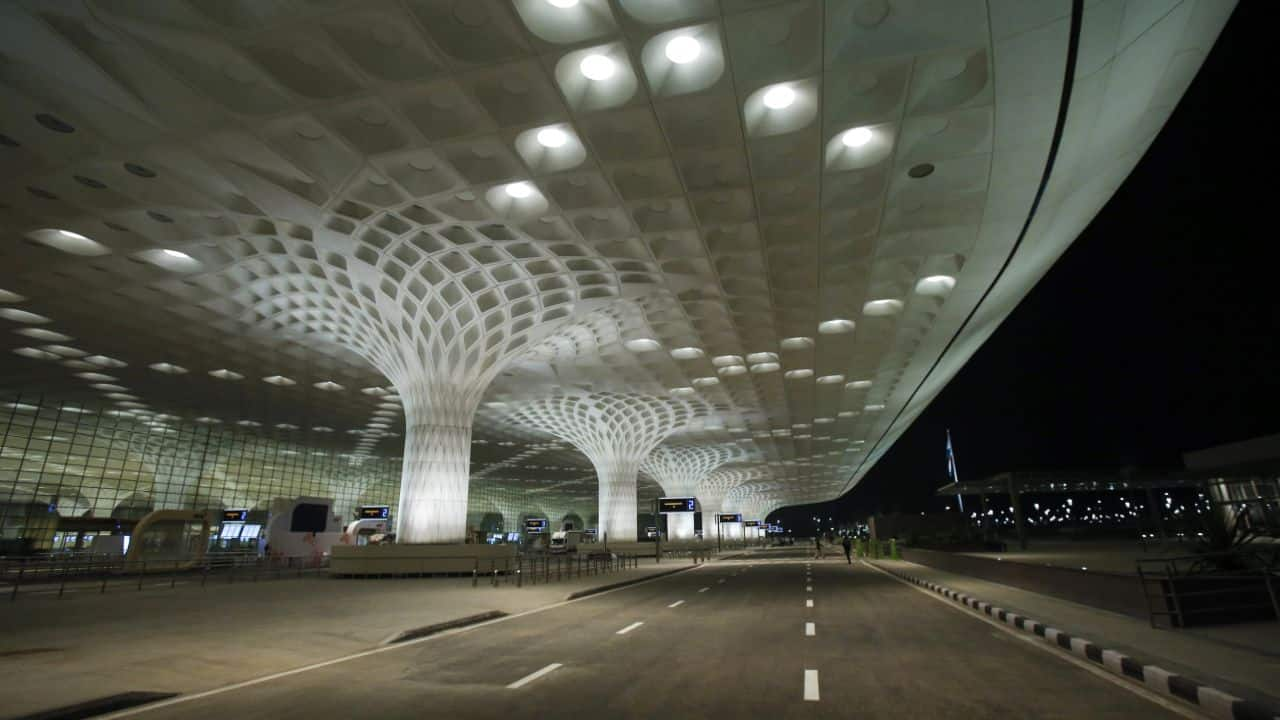 |
|
The Airports Economic Regulatory Authority (AERA) has given the green light to a proposal from Mumbai International Airport Ltd (MIAL) that will see an increase in the user development fee (UDF) levied on passengers flying in and out of Chhatrapati Shivaji Maharaj International Airport. This decision, announced on May 8th, comes after a thorough examination of MIAL's proposals and results in a 21.65 percent increase in existing airport charges. The new UDF structure will be implemented starting May 16th, impacting both domestic and international travelers. For domestic passengers, the fee will be up to Rs 175 for embarking and Rs 75 for disembarking during the fourth control period, spanning from May 16, 2025, to March 31, 2029. International passengers will see a differentiated fee structure based on their class of travel. An embarking international business class passenger will be charged Rs 695, while an embarking international economy class passenger will pay Rs 615. Disembarking international passengers will also face varying fees, with business class passengers paying Rs 304 and economy class passengers paying Rs 260. AERA justified this differential pricing by stating that it aligns with the 'user pays' principle and reflects the enhanced passenger experience and expanded facilities available to international travelers, particularly those in business class. This rationale is likely to be debated, with some arguing that access to air travel should not be disproportionately burdened based on class.
In addition to the UDF changes, AERA also addressed landing and parking charges for airlines. Recognizing the importance of competitive pricing, the regulator has rationalized these charges downwards, aiming to keep them at reasonable levels compared to similar airports. This measure is intended to prevent undue burden on airline operations and maintain operational efficiency, ensuring that the increased UDF does not negatively impact airfares significantly. Furthermore, AERA has directed MIAL to review the timeline for the demolition of Terminal 1, following suggestions from stakeholders for a phase-wise demolition. MIAL had initially proposed closing Terminal 1 from the end of October for redevelopment, which would necessitate airlines shifting traffic to Terminal 2 and the Navi Mumbai airport. The Civil Aviation Ministry will be consulted on this matter. AERA's mandate includes determining tariffs for major airports in the country, defined as those with a capacity of 3.5 million passengers per annum or above. User development fees are directly borne by passengers, while other aeronautical charges are collected from airlines, who then incorporate these costs into their ticket prices.
MIAL's initial proposal to AERA involved a more substantial increase in UDF, but this was rejected. The airport operator had sought to charge Rs 325 per domestic departure (currently there is no UDF on domestic passengers) and increase the existing fee of Rs 187 per international passenger to Rs 650. AERA had previously turned down MIAL's demand for a 675 percent increase in user fees (from Rs 187 per international passenger to Rs 1,450 international passenger) for the five-year period between 2024-2029. Instead, AERA proposed only an 18 percent rise in fees, rationalizing certain planned capital expenditure for an airside tunnel and corporate office building, among others. These proposals were subject to stakeholder consultation and public comments. In its revised plan, MIAL proposed to reduce airline landing and parking charges by approximately 35 percent to mitigate the impact of the proposed UDF hike, aiming to balance infrastructure enhancement with sustainable airport operations. This demonstrates a strategic approach to revenue management, shifting the burden slightly from airlines to passengers.
Regulator AERA sets a five-year revenue target for the airport, based on operating costs, depreciation, non-aeronautical revenues, and taxes, along with the associated charges for the airport operator. The airport operator has cited higher capex and debt servicing amid continued losses as reasons for the proposed increase in tariff. Adani Airport Holdings Ltd (AAHL), which manages seven airports including Mumbai, Ahmedabad, Lucknow, Mangaluru, Jaipur, Guwahati and Thiruvananthapuram, has also developed the Navi Mumbai airport. AAHL stated that the current Yield Per Passenger (YPP) at CSMIA is Rs 285. If AERA accepted MIAL's proposal to hike UDF, the YPP of CSMIA would rise to approximately Rs 332, representing an 18 percent increase, which is in line with the Consultation Paper issued by AERA on 10 March 2025. The airport plans to invest Rs 10,000 crore in infrastructure development over the next five years and recover Rs 7,600 crore from an expected 229 million passengers.
A significant portion of the planned capital expenditure will be allocated to the redevelopment of Terminal 1 at CSMIA. AAHL intends to enhance the structural integrity, capacity, and seamless travel experience at the terminal. Terminal 1A and 1B were built 30 and 60 years ago, respectively, indicating a need for modernization. The domestic Terminal 1 in Vile Parle is scheduled to be shut down for reconstruction from November 2025. The redevelopment project, involving the demolition and replacement of the current structure with a modern one, is expected to take around three years, with the new terminal anticipated to be ready by 2028-2029. Upon completion, the new Terminal 1 will have the capacity to handle 20 million passengers annually, a 42 percent increase from its current capacity. AAHL also plans to expand the capacity of MIAL's Terminal 2 (T2) by adding self-baggage drop systems, CTIX hand baggage screening, and full-body scanners to streamline security checks and improve passenger flow. This comprehensive investment in infrastructure aims to enhance the overall passenger experience and improve the operational efficiency of Mumbai International Airport, but the increased UDF will undoubtedly be a point of contention for travelers.
Source: AERA approves MIAL proposal of class-based UDF for Mumbai airport passengers
